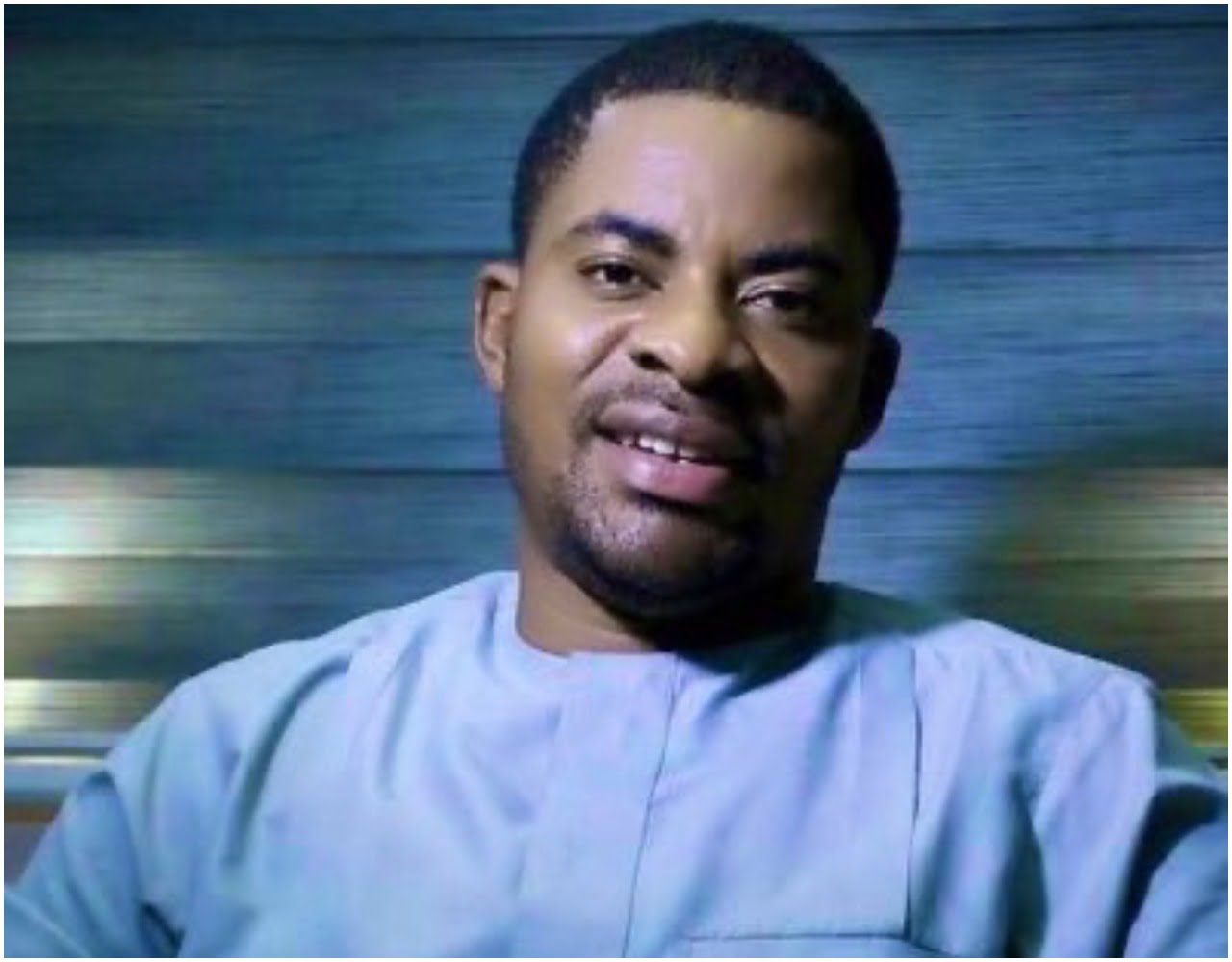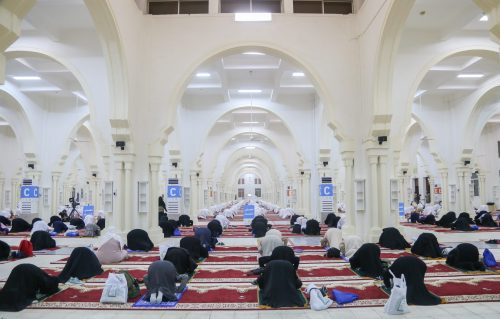Europe, the source of modernism has in the past fortnight, danced on the world stage. Not particularly naked, but with scanty clothing. Its steps have been rocked by disputed elections into the European Commission Presidency, its makeup, smeared by the non-recognition of Catalan federalist rights, its notion of fairness challenged by the sweep of the EU posts by Western Europe, and its sense of justice, tested by the continued Polish crackdown on judges and prosecutors.
However, one issue that pushed all these into second place, is the battle for humanism as symbolized by the 31-year old German ship captain, Carola Rackete. She had led the rescue that snatched 53 migrants from the angry waves of the furious Mediterranean Sea, an act the Italian government considered criminal and for which she was hurled before the courts.
The angry Italian interior Minister, Matteo Salvini alias Il Capitano (The Captain) had characterized her humanitarian mission during which a police boat was brushed, as “an act of war” by an “outlaw” a “pirate” “A rich and spoilt German communist”
The EU parliament had thought it would decide who the next European President will be through series of ballots, but the European leaders under cut them by appointing a 60-year old mother of seven, Ursula von der Leyen who is also the German Defence Minister, as the next European Commission President. By this, they circumvented the traditional and more democratic process by which the Council selects from among the nominees of the major EU political parties with support in the European Parliament. They also broke the tradition of selecting only former Heads of State or government.
The European leaders also picked Belgian Caretaker Prime Minister Charles Michel as Head of the European Council, Spanish Foreign Minister Josep Borrell to head Foreign Affairs and Security Policy, and Christine Lagarde, the hawkish French Managing Director of the International Monetary Fund, as Head of the European Central Bank.
While there is a gender balance in the imposition, Eastern Europe is completely left out. The intrigues were further complicated by German Chancellor Angela Merkel abstaining in the vote for her Minister because her governing partner in Germany, the Social Democratic Party, preferred former Dutch Foreign Minister Frans Timmermans.
Outgoing European Commission President Jean-Claude Juncker said the choice of Ms. Leyen as his possible successor was undemocratic and “not very transparent”. He jokingly added that he might go down in history as the last democratically elected EU Commission President. The European parliament votes on Monday July 15 to ratify or reject Leyen’s imposition.
On June 12, a cramped rubber dinghy with 53 migrants was floating in the seas. A ship, the Sea-Watch 3 captained by Rackete answered a distress call to rescue them. But to her, handing the migrants over to the Libyan coast guards as many European countries would have wanted, was not an option. First, Libya is virtually a failed state with four governments. Secondly, various Libyan groups are known to brutalize immigrants including holding many as slaves. Thirdly, and perhaps most importantly, the civil wars in that country had reached the capital with factional leader, General Khalifa Haftar invading Tripoli on April 4; that is 69 days before this rescue.
But there was no European country immediately wanting to take the migrants. For two weeks, the rescue ship stayed in the seas with the health of the migrants at risk. Italy, the nearest country had on 11 June, passed an emergency decree ruling that any ship sailing into Italian waters without permission would face a fine of up to $56,000.
Rackete said she and her crew were in a dilemma: “After we arrived in Italian waters off Lampedusa and knew that we would not be allowed to go in to port …We were trying to figure out what to do. First, we issued an urgent appeal against the Italian entry ban, which was immediately rejected. Then we tried at the European Court of Human Rights. Thirty-four of the rescued people on board and myself, as captain, filed the complaint, but it took a lot of time.”
Given the deteriorating conditions in the ship, Rackete on June 29, decided to force the Sea-Watch 3 into the Italian port of Lampedusa. In the process, it trapped an Italian police patrol boat against the quay. For this, Salvini accused her of attempted murder: “She tried to sink a police launch with officers on board at night. They say ‘we’re saving lives’, but they risked killing these human beings who were doing their job, it’s clear from the videos.”
Rackete was arrested. But despite her apologies and explanation that she did not mean to harm the policemen, she was charged before the courts with the possibility of a ten-year prison term. However, the judge, Alessandra Vella ruled on July 2 that as the ship’s captain, Rackete had a duty to protect the lives of those on board and had not in the process endangered any life.
The case eclipsed the EU elections and elicited so much sympathy that two online campaigns raised about $1.6 million in support of the ship, its captain and crew. But Rackete does not see herself a heroine, just somebody doing a job that has to be done: “I’ve been surprised by how personal things have gotten. It should be about the issue, about the European Union’s failure to fairly distribute those who have been rescued and to take shared responsibility. That’s what it should be about, not about individuals like me, who just happen to have become visible.”
There are likely to be more rescue attempts. Rackete said: “We keep going because it’s necessary. But, of course, we launched the Sea-Watch knowing full well that nobody wanted to take in the refugees. Not even Tunisia, which European governments like to view as a safe alternative… But the Tunisians also don’t want to become the next port for unloading. Nobody wants these people.”
But tougher times await the rescuers. For instance, in Netherlands where the Sea-Watch 3 is registered, five parties in the Dutch parliament; the ruling Liberals, the Calvinist Party (SGP) the Freedom Party, the Christian Democrats and the Forum for Democracy have tabled a motion making it a crime to rescue migrants from drowning at sea. Already, 77 of the 150-member parliament have signed on for the bill. If passed, rescuers like Rackete will be convicted for facilitating human trafficking.
The irony is that the Europe that produced fascists like Benito Musolini and Matteo Salvini, that gave the world racists like Adolf Hitler and King Leopold II, also gave us humanists like Mother Theresa and Carola Rackete. The struggle to either save lives, or allow them sink to the sea bed in watery graves, continues.



